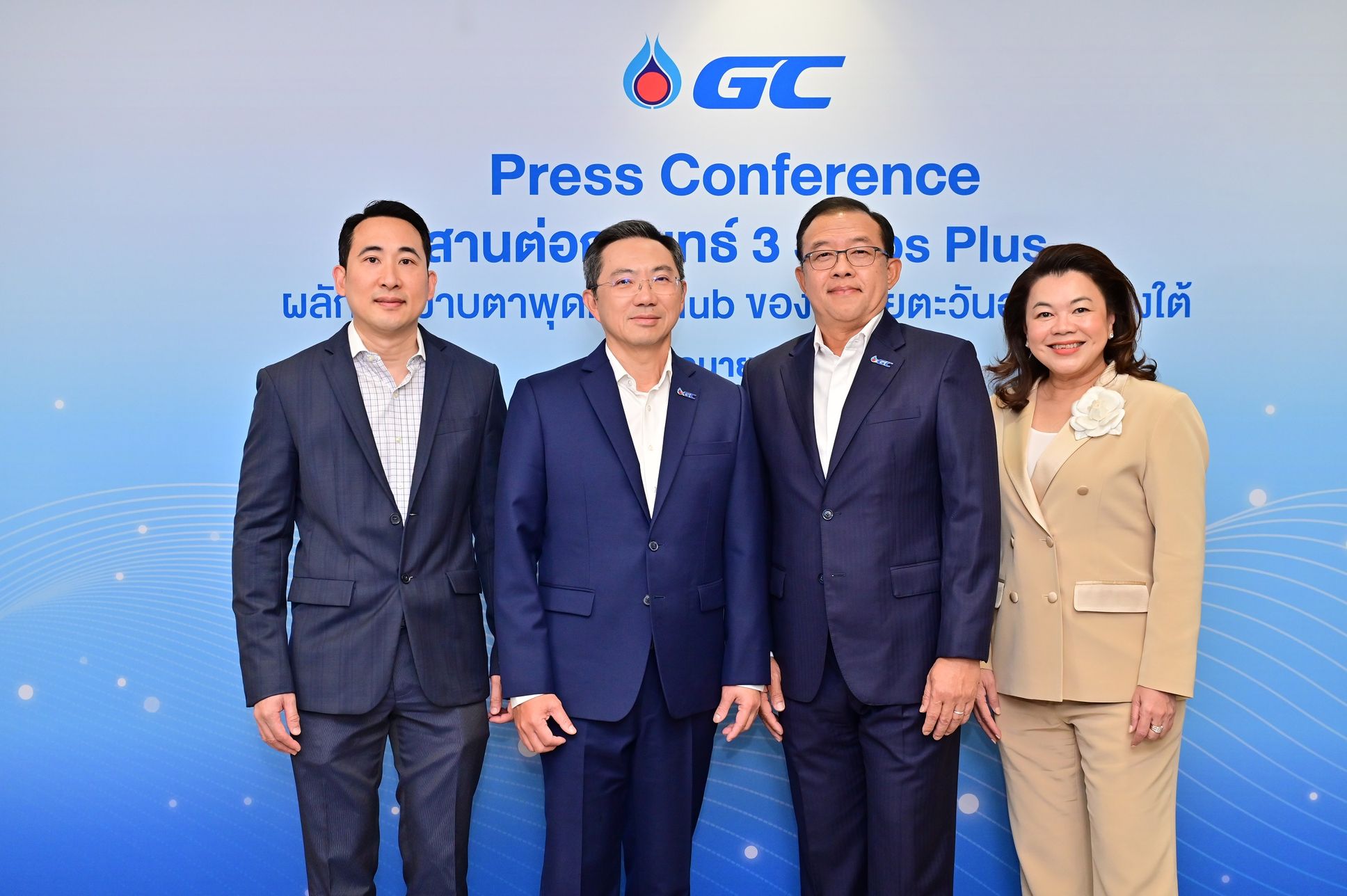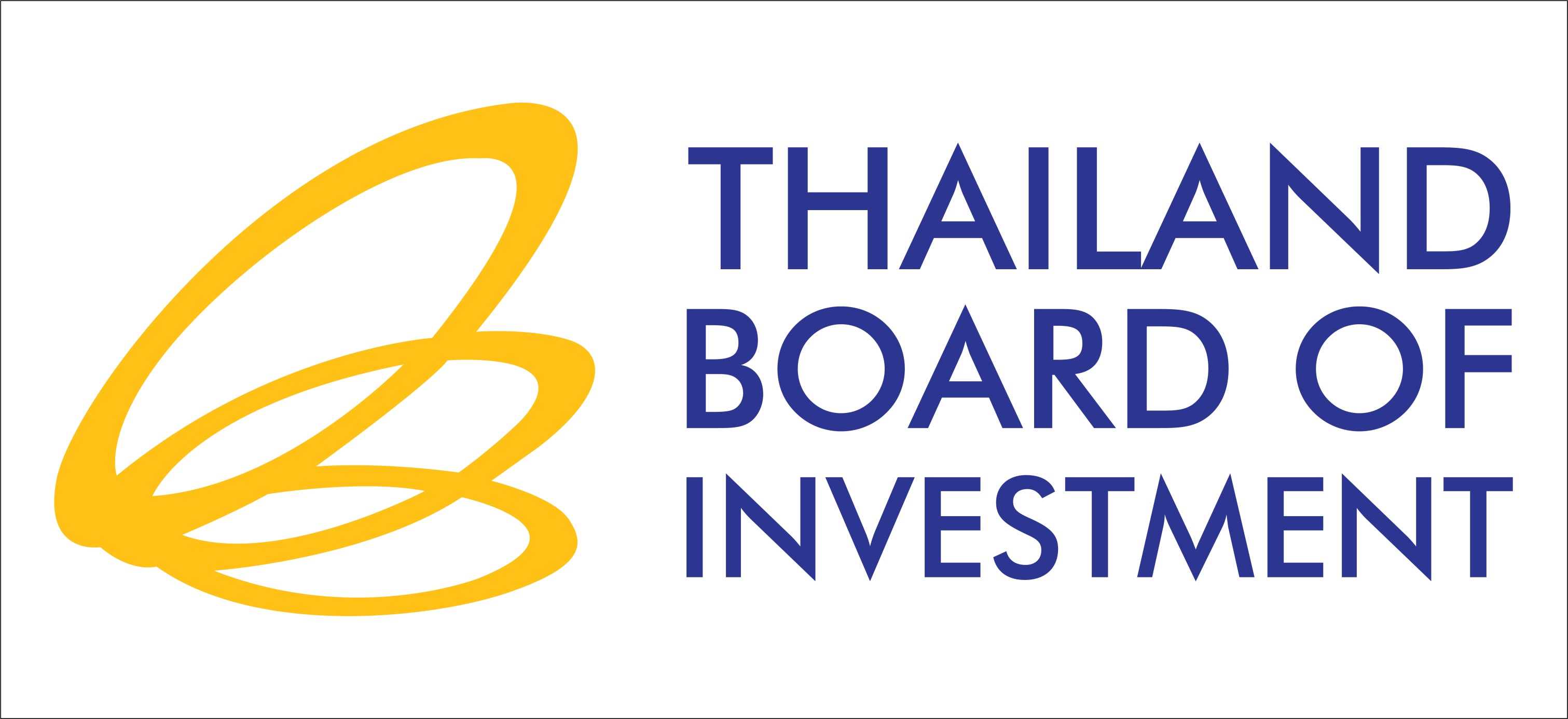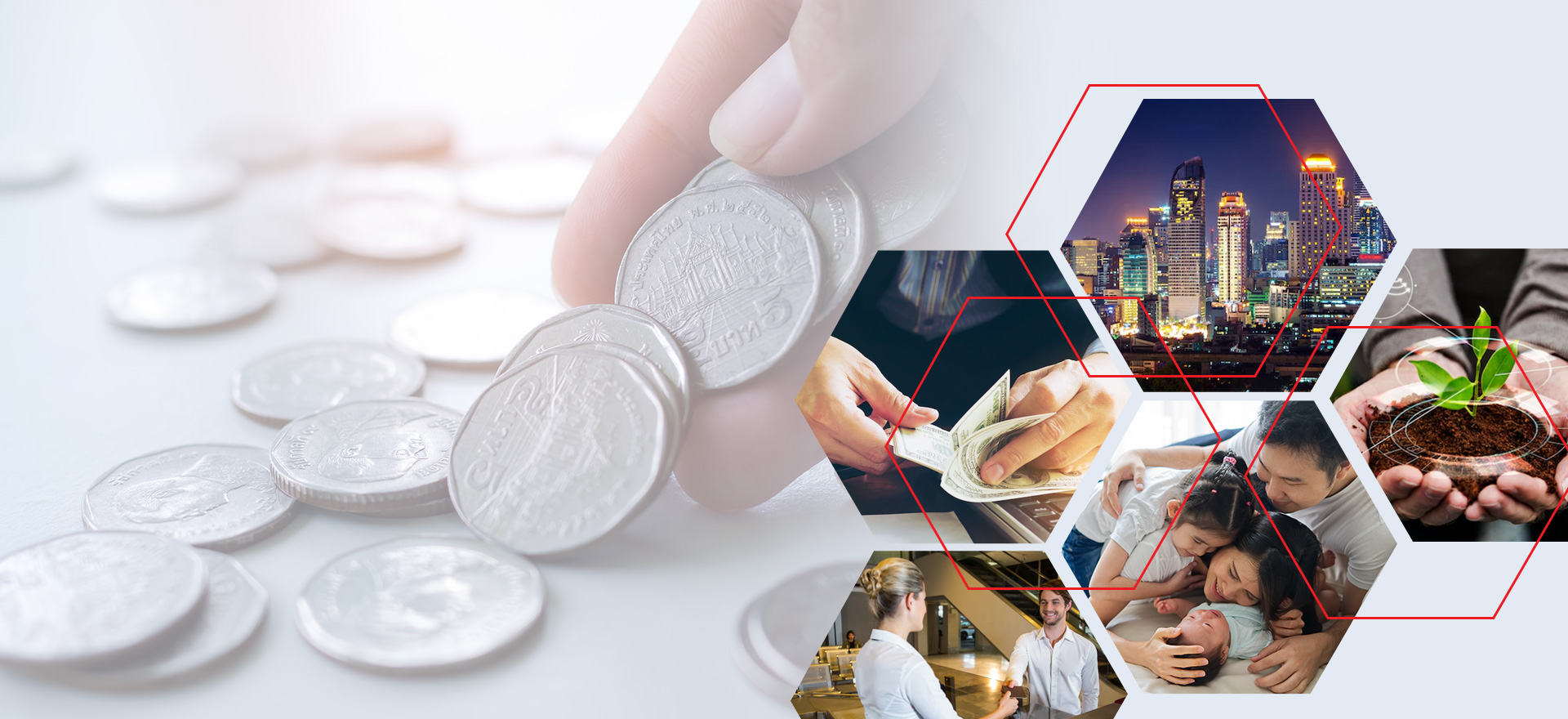Investment/GC new boss vision
Investment/GC new boss vision
Editorial staff
Two new top executives of SET-listed PTT Global Chemical Plc (GC) have shared their vision to continue the successful 3 Steps Plus strategy for the company's sustainable growth.
Narongsak Jivakanun, the company’s CEO, and Toasaporn Boonyapipat, the company’s president, have been appointed in May 2024.
The company’s strategy focuses on maintaining its strong fundamentals, strengthening its competitiveness, creating new synergy, optimizing business portfolio by growing its high-Value & Low-Carbon Businesses in local and international markets through allnex and NatureWorks.
Meanwhile the company aims to build growth opportunity for Map Ta Phut industrial estate and develop new strategic partnerships to cater to megatrends in the future of the industry in order to position its Map Ta Phut plant as Southeast Asia hub, while collaborating with PTT Group companies in carbon capture and storage (CCS) project and developing it as a future business.
“Taking the next step in our sustainable growth journey, we will continue our 3 Steps Plus strategy, which includes Step Change, Step Out, and Step Up, to strengthen our growth and competitiveness in line with changing situation. We will leverage and build on our innovation capabilities, and expertise and experience in chemical and bioplastic production to meet the needs of new industries and global trends,” Mr Narongsak said.

The Step Out strategy, which focuses on international business growth, plays a crucial role in the company's future expansion. The high value and low-Carbon businesses, meanwhile, will expand their market reach and develop innovative chemicals through allnex, which has 34 coating resins plants worldwide.
Building on allnex's success in establishing China hub, a similar hub has been developed to expand its production base in markets with high growth potential, including Mahad plant in Maharashtra state, India, and to be followed by Map Ta Phut plant in Thailand, which is positioned as Southeast Asia hub focusing on producing coatings for industries with high growth potential, including automotive, electronics and semiconductors, packaging, industrial metals, furniture and special decoration.
Meanwhile, the bio and green businesses, operated through NatureWorks, the world's largest producer of polylactic acid (PLA), an important raw material for producing compostable plastic pellets for various applications, including coffee capsules, tea bags, and 3D printing materials owing to its performance and sustainability attributes. GC, which holds a 50 % stake in NatureWorks alongside Cargill, is developing an integrated PLA production facility in Nakhon Sawan (Nakhonsawan Bio Complex – NBC) set to be completed in 2025.
This will be Thailand's first bio complex with an annual production capacity of 75,000 tons, utilizing cane sugar as its raw material. The facility will strengthen Thailand's bio-green capabilities, create opportunities for the agricultural sector, and further develop the country's economy. The complex will aide Thailand in becoming a production and export base for bio chemical materials in Southeast Asia while meeting increased demand for sustainable innovation.
As part of the Step Up strategy, the company will continue to integrate circular economy principles into its operations, guided by ESG (Environmental, Social, and Governance) principles. The company aims to achieve net-zero greenhouse gas emissions by 2050.
Practical measures include collaborating with PTT Group companies on carbon capture and storage (CCS) project in both conducting study on carbon capture technology through corporate venture capital (CVC) investment and feasibility study on the application of blue/green hydrogen and development of business model for future commercialization.
"To enhance our competitiveness and maintain a strong business foundation, we will focus on continuously improving the operational efficiency of our plants in the Map Ta Phut Industrial Estate. This will reduce production costs, minimize environmental impacts, and optimize the value chain. Better operational efficiency will also enable us to support the development of high-value chemical products through future collaborations with partners,” Mr Toasaporn elaborated on the role of the Step Change strategy.
18 June 2024
Viewed 149 time
 EN
EN 




